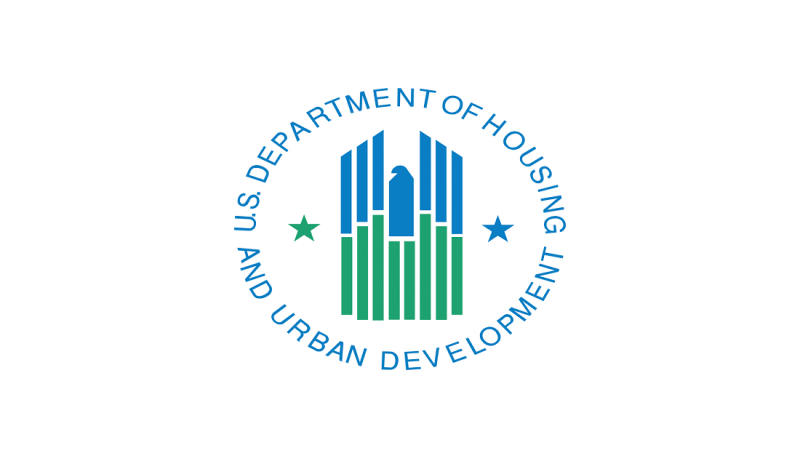Our nation has a vested interest in making fair and equitable housing opportunities available to every individual. However, on August 19, the Trump administration proposed changes to the Fair Housing Act’s disparate impact standard that will eliminate incentives for corporations to continue to do their part to eradicate discrimination, and businesses will no longer be required to collect data on discriminatory effects. HUD should instead follow its mission—focusing on vigorous enforcement and allowing those facing discrimination to seek recourse and change policies and practices that limit their housing opportunities and threaten their basic survival. People For the American Way’s public comment letter on the Trump-Carson proposal follows below and is available here.
To Whom It May Concern:
I am writing on behalf of People For the American Way (PFAW)i to offer comments on HUD’s proposed rule for the implementation of the Fair Housing Act’s disparate impact standard.ii Founded in 1981 by a group of civic, educational, and religious leaders, PFAW is a progressive advocacy organization grounded in the nation’s ideals of freedom, equity, opportunity, and justice. Over its history, PFAW has conducted extensive education, outreach, legislative and regulatory advocacy, and other activities to make these values a reality in the lives of all people.
PFAW and its 1.5 million supporters nationwide strongly support equitable access to affordable housing as a critical component of a vibrant democratic society that works for all of us. PFAW is thus concerned about the proposed changes to HUD’s use of disparate impact. The 2013 HUD disparate impact rule, which enshrines decades of jurisprudence, efficiently and successfully serves the American public as a tool for challenging the structural inequities that persist in housing and financial markets. It is an effective mechanism for uncovering covert or unintentional discrimination and upholds a critical function of the Fair Housing Act. There is no need for revision, and the current proposal should be withdrawn.
Our nation has a vested interest in making fair and equitable housing opportunities available to every individual. Indeed, the very mission of HUD, which itself has come under attack,iii is not just to ensure housing opportunities, but also to “build inclusive and sustainable communities free from discrimination.”iv The Fair Housing Act extended and specified freedom from discrimination for individuals regardless of race, color, national origin, religion, sex, disability or familial status. Importantly, the law not only prohibits intentional discrimination, but it also prohibits facially “neutral” policies and practices that have a discriminatory result or limit housing opportunities for a particular group of people without having a compelling justification for doing so. Consistent with Texas Department of Housing and Community Affairs v. Inclusive Communities Project, Inc.,v it includes a burden-shifting framework that guards against frivolous cases.
HUD’s proposed changes would destroy the disparate impact standard by eliminating incentives for corporations to continue to do their part to eradicate discrimination. Indeed, under the rule, a policy or practice that generates corporate profits would be virtually immune from challenge for any discriminatory impact; business practices relying on statistics or algorithms will generally be exempt from liability, and businesses will no longer be required to collect data on discriminatory effects.
PFAW is particularly interested in ensuring that disparate impact liability continues to protect victims of domestic abuse who face eviction under policies that penalize them for the violence they experience or for reporting that violence to the police, as well as home mortgage applicants, including people of color, women, and people with disabilities, when a bank charges them unfair and excessive fees or rates, thus forcing them to take risky or costly loans and/or have no access to financing. Promoting gender equity, including promoting equality and recognition for transgender, gender-expansive, and all LGBTQ+ people, and racial justice are central to our work.
HUD should focus on vigorous enforcement to ensure that housing stakeholders comply with the Fair Housing Act and meet the existing disparate impact standards that strengthen our communities and our nation by allowing those facing discrimination to seek recourse and change policies and practices that limit their housing opportunities and threaten their basic survival.
Sincerely
Jen Herrick
Senior Policy Analyst
